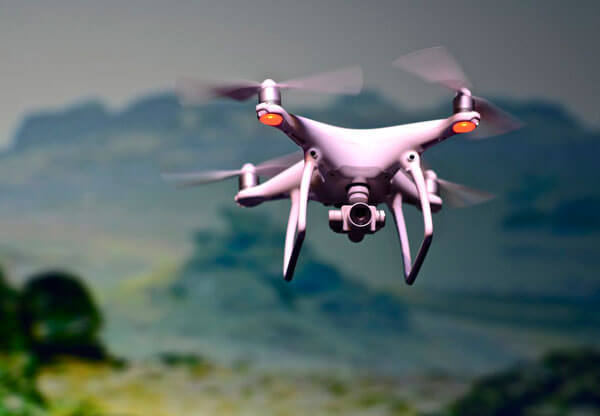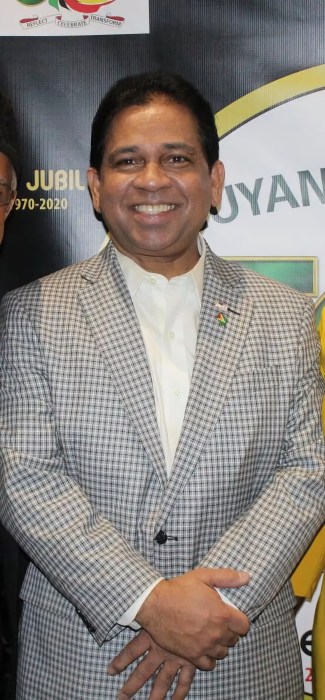An umbrella aviation body this week asked Caribbean trade group governments to agree to unified laws to regulate drones, calling them the “bird strikes” for airborne aircraft of the future and pointing to the steady growth of them in the community.
The Caribbean Aviation Safety and Security Oversight System (CASSOS) Wednesday said it has prepared a special briefing paper for a trade ministers meeting at bloc headquarters in Guyana next week as the time has come for the region to act.
Experts at the regional oversight system argue that while domestic and international air crews currently worry about birds bringing down aircraft by flying into engines, a new threat is on the horizon has emerged with the preponderance of drones, often times operated by people with limited aviation experiences and exposure.
“We recommend that regulations should be harmonized in all CARICOM states. Harmonization will ensure a system of coordination where a Small Unmanned Air Vehicle transits from one state to another such as in the areas of airworthiness, registration, approvals to operate and personnel licensing. Different classes or categories of UAVs should also be considered in the development and application of regulations,” the body said.
Several civil aviation authorities in a number of CARICOM states have in the past year issued guidelines on operating drones including advisories to keep them away from domestic and international airports basically for safety reasons but there are no binding laws.
So concerned are officials about the absence of laws to govern unmanned aircraft that directors at bloc headquarters have already placed the issue formally placed on the agenda of the meeting starting on Monday.
The issue will be discussed against a backdrop of increasing levels of availability of drones as prices are falling and companies are aggressively marketing them for pleasures and industrial usages.
As if fears about drones flying into aircraft engines are not of enough concern, the regional body also called for privacy laws enactment to govern the use of drones as these can be “equipped with high resolution video cameras and can result in an invasion of privacy when flown over private property. Further, the UAV can be weaponized and used for criminal and terrorist activities,” the paper noted.
The body said it will urged ministers to empower CASSOS to develop a set of regulations that will be used by all 15-member states noting that the time has come for “a a robust legal regulatory framework and a physical defense system that will provide surveillance with detection, deterrent, capture and destruction capability.”
And clearly trying to add balance to its briefing paper, the aviators pointed to positive uses of drones noting their ability to carry payloads of varying weights, their use as an aerial photographic tool, structural, security and environmental surveys and other purposes, noting the fact that “there has been a significant increase in the use of small UAVs (SUAV) in most CARICOM states.”
Reminding ministers and governments to act now, the oversight body reminded one and all that “drones pose serious, safety, security and privacy concerns. There may be currently no freestanding right to privacy or laws considering the invasion of privacy in some CARICOM states. The expected growth of SUAV operations within CARICOM will increase the safety, security and privacy concerns.”























